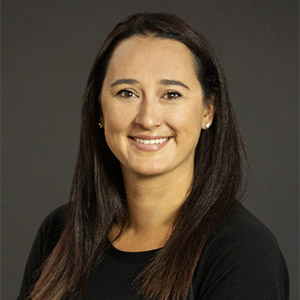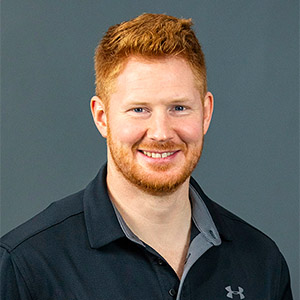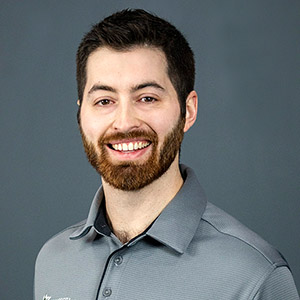In the competitive realm of cash-paying medical practices, the ability to effectively convert inquiries into loyal patients is critical and challenging. Mike Stanzyk, a seasoned expert in medical practice marketing, emphasizes the importance of role-playing in mastering the art of patient conversion. This blog delves into how cash-paying medical practices can leverage role-playing to enhance their conversion processes at three critical points: the booking call, the new patient experience, and the treatment discussion.
The Power of Practice in Conversion
Emulating High-Performance Athletes
Much like a top-tier athlete who practices rigorously to win, medical practices must embrace continuous role-playing to excel. Stanzyk draws a parallel between athletes who practice daily for a single game and medical practices striving for high performance. This constant practice is essential for mastering the nuanced art of patient interactions.
The Booking Call: Setting the Tone
First Impressions Count
The initial booking call is where the patient’s journey begins, and it sets the tone for their entire experience. Role-playing these calls can help staff handle various scenarios, manage objections, and set appropriate expectations. Practices should focus on not just what is said but how it is said, including tone, energy, and responsiveness to patient needs.
Continuous Improvement
Recording and reviewing these calls can lead to substantial improvements. Practices should aim to understand the differences in performance among staff members, such as why some have higher conversion rates than others, and use this information to inform training and development.
The New Patient Experience: Creating a Welcoming Environment
Beyond the First Hello
Upon a patient’s arrival, their experience in the waiting room and initial interactions with staff can significantly influence their decision to proceed with treatment. Role-playing can help staff perfect their greeting techniques, paperwork processes, and overall management of the patient’s initial experience.
Attention to Detail
Practices should pay close attention to the environment – is it welcoming, comfortable, and reassuring? Role-playing can help staff anticipate and manage a variety of patient reactions and situations, ensuring a smooth and pleasant experience.
The Treatment Discussion: Where Conversion Happens
The Crucial Conversation
The treatment discussion, whether during an examination or a report of findings, is a critical moment for conversion. Role-playing these conversations can significantly increase a practice’s start percentage. This involves practicing how to present treatment plans, address concerns, and lead the conversation toward a commitment.
Recording and Reviewing
Recording these discussions and reviewing them as a team can unveil insights that lead to major improvements. Practices can learn from successful conversions, understanding what strategies worked and how they can be replicated or improved upon.
Implementing Role Playing in Your Practice
Creating a Culture of Practice
Incorporating regular role-playing sessions into the routine of your practice can create a culture of continuous learning and improvement. These sessions should be structured, consistent, and cover various scenarios that staff members may encounter.
Measuring the Impact
Track the improvements in conversion rates and patient feedback as you implement these role-playing exercises. Adjust your strategies based on what the data shows, always aiming for higher performance and better patient experiences.
Conclusion: The Path to More Starts
The journey to increasing patient starts in a cash-paying medical practice is multifaceted, but mastering the art of conversion through role-playing is a proven path to success. By focusing on the three critical conversion points – the booking call, the new patient experience, and the treatment discussion – and continuously practicing and refining these interactions, practices can significantly improve their conversion rates. Just like a dedicated athlete, the key to winning in the highly competitive field of healthcare lies in consistent practice and a commitment to excellence.













